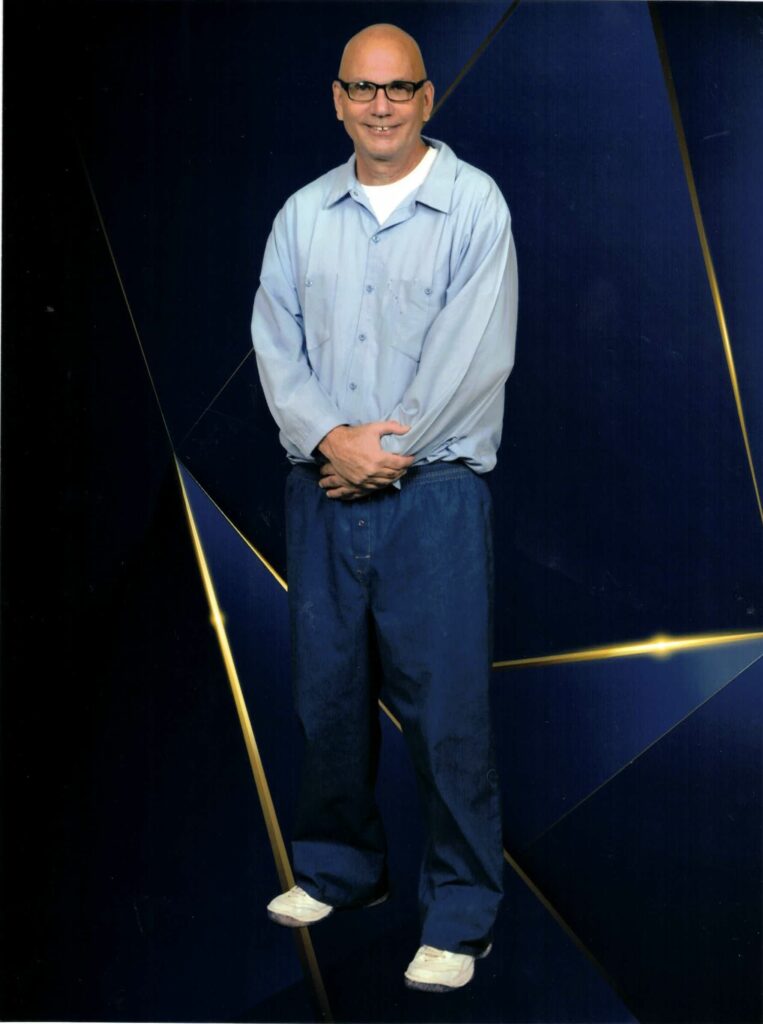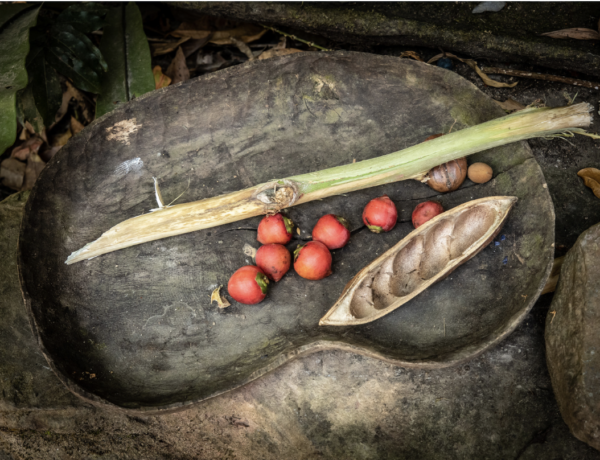From 1984 until 2002, I was housed on San Quentin’s death row before I was sentenced to Life Without Possibility of Parole, so I read with great interest Thomas Whitaker’s Dividing by Zero – Part Six about Texas death row, published February 19, 2024 in Minutes Before Six.
Thomas’ words about fishing food from cell to cell, tier to tier, were familiar to me. In San Quentin’s East Block, we had a spider web of lines for sending goods to other cells and tiers, generally just after third watch’s last walk around ten at night.
When I received my death warrant in 1990, I was moved into a death watch cell but it was a different experience from the grim environ Thomas resided. I knew with certainty I would receive a stay in federal court and my execution would be pushed back a decade or two or three into the future. Housing in a death watch cell was annoying but not overly worrisome, perhaps because during my time on death row about a dozen men were executed as opposed to the 160 during Thomas’ tenure. More condemned men on San Quentin’s death row died from suicide, homicide, natural causes than execution.
Thomas’ thoughts about Anthony “T-Bone” Shore and his sales of his personal property to a murderabilia dealer struck a chord with me. Contrary to popular belief, condemned men are not a monolithic group marching together in unison toward the execution chamber. We don’t have outliers, we are all outliers, and every condemned man deals with state sponsored killing in their own insane way.
Just as I don’t judge Thomas’ decisions about how to spend his last minutes if his clemency had been denied, I don’t judge T-Bone’s sales in exchange for filthy lucre. The condemned need to feel free to die in the way they imagine least uncomfortable.
I shook my head when the warden refused to allow Thomas to buy forty-two pints of ice cream to hand out to his entire pod in the hours before his scheduled execution. The warden seemed to feel he was being generous, allowing Thomas to purchase with his own money twelve pints of ice cream for his condemned friends.
When I was arrested and then condemned to die, I was walking/talking hate. I was placed in a harsh environment and dealt with it like most alcoholic/addicts; | chased chemical bliss and was a danger to myself and others. On a bright, spring day after nine years in custody. I walked across a concrete death row exercise yard surrounded by high cinder block walls topped by razor wire and paid a drug dealer. When he failed to deliver, I broke my hand on his head and landed in the hole. Only then did I decide I could do better, embraced sobriety, discovered I had a small talent for writing and began to publish. Sobriety allowed me to refrain from violence, but hate and anger were still part of my every day until years later I became involved in cognitive behavioral therapy which allowed me to cope with negative emotions. Finally, I identified my opportunistic, criminal thinking and started to address that issue.
Thomas on the other hand seemed to hit death row on the run, finding ways to educate and improve himself, and expand his support network through writing. Seemingly, Thomas started preparing himself for his meeting with the Texas Board of Pardons and Paroles from the moment the door clanged shut, locking him in the death house.
Why does the state use taxpayer monies to setup office space, hire clerks to build files on condemned men for officials to analyze their lives, make judgments, and determine if they should live or die by execution? Why would someone like LaFavers, clearly bright, intuitive and a good investigator, spend a considerable amount of his time on earth, reading files documenting Thomas’ existence? Why would he choose to carefully, thoughtfully, wade through Thomas’ worst moments? Puzzling.
The reason seems to discover if Thomas has insight into his crime, but the only people who were truly affected by his acts, the direct victims, did not want him executed.
How does this state sponsored process make any sense in a world created by God? Even in the paradigm of a clockwork universe that God created and then left mankind alone to find our own path, the pardons and paroles process seems misdirected.
I do believe what Thomas has written: “…it wasn’t the experience of redemption that drives good people, but the desire for it.”
Like Thomas, I also believe we are more than our very worst moments, but if we keep stringing together our worst moments over and over they will surely define us.
Thomas and I have found we need to learn, grow, evolve, and find ways to do better moment to moment, minute to minute, day to day, throughout our lives.
These are concepts I embrace, thoughts that push me day to day to day.
-The End-




No Comments